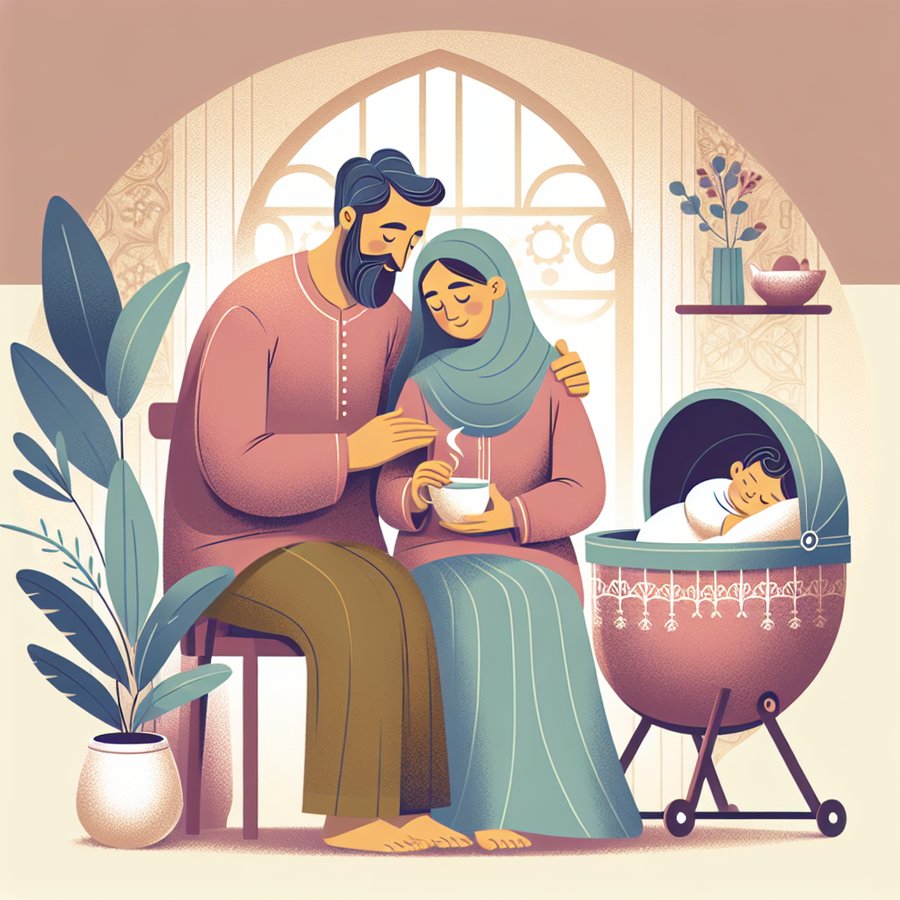Supporting a partner with postnatal depression is a journey that many may find themselves on unexpectedly. It’s a path that requires patience, understanding, and a deep well of compassion, not just for your partner, but for yourself as well. Today, I’m sharing some personal anecdotes along with expert advice to guide you through this often challenging, yet surmountable period in your lives.
What is postnatal depression and how can I identify it?
Postnatal depression (PND) is a type of depression that parents can experience after having a baby. It’s characterized by persistent sadness, low energy, changes in sleeping or eating patterns, anxiety, and difficulty bonding with the baby. Recognizing these signs in your partner is the first step towards supporting them through PND.
My journey started when I noticed my partner was not herself. The joy of our baby’s arrival was overshadowed by her constant exhaustion and disinterest in activities she used to love. It was a wakeup call that something deeper than just ‘baby blues’ was at play.
How can I support my partner with postnatal depression?
Supporting a partner with postnatal depression involves a multifaceted approach. It’s about being there emotionally, offering practical help, and encouraging professional support. It’s also about educating yourself on PND to better understand what your partner is going through.
I learned early on that simply being present and listening made a significant difference. We also found it helpful to maintain our relationship by scheduling time together, even if it was just a few minutes to connect without the pressures of parenthood.
What practical steps can I take to ease my partner’s burden?
Practical support can range from taking over nighttime feedings to ensuring your partner has time for self-care. It could also mean creating a baby-friendly home that eases the day-to-day stress for both of you.
For us, it meant I took on more responsibilities with the baby and household chores. I also encouraged my partner to take time for herself, whether it was for a walk, a bath, or simply reading a book. Giving her that space was critical for her mental health.
How can we find professional help for postnatal depression?
Finding professional help can seem daunting, but it’s an essential step in overcoming PND. Start by consulting with a healthcare provider who can offer referrals to therapists specialized in postnatal care. There are also numerous online resources and support groups that can offer guidance and a sense of community.
We reached out to our doctor who directed us to a fantastic therapist experienced in PND. It was a game-changer. Additionally, joining a support group helped my partner realize she wasn’t alone in her feelings.
Supporting a partner with postnatal depression: A personal reflection
Supporting my partner through postnatal depression was one of the most challenging experiences of our lives. It tested our strength as a couple and forced me to grow in ways I never expected. Through it all, I learned the importance of patience, communication, and unconditional love.
Remember, supporting a partner with postnatal depression is a journey that you don’t have to navigate alone. Seek support, be patient, and hold onto hope. Together, you can overcome the challenges of PND and emerge stronger as a family.
For more insights and tips on navigating parenthood, consider exploring other relevant topics such as adopting a baby: what to expect in the first year, balancing work and new motherhood, and tips for new dads building a bond with your baby.













